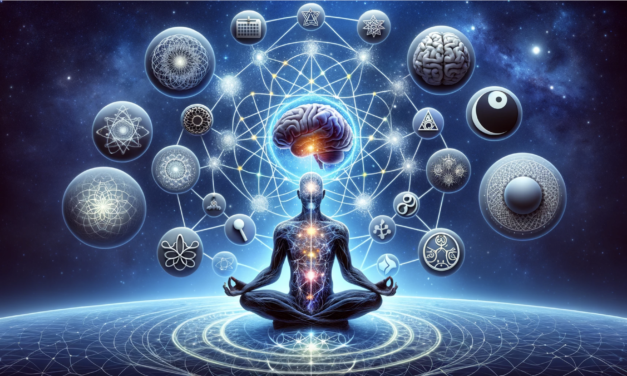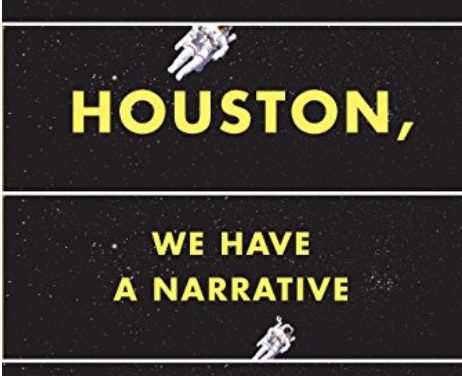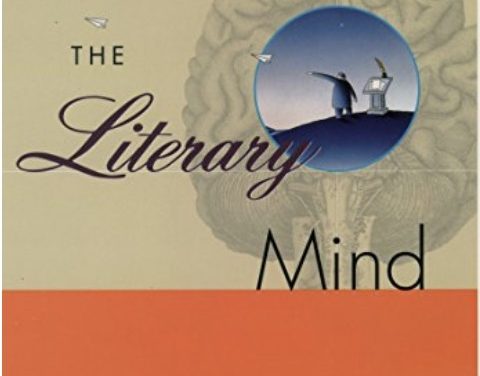The Universality of Mystical Experience: Knowledge, Ignorance, and the Maps We Use to Navigate Reality
The universality of mystical experience reveals that there are multiple paths to the same destination—a direct encounter with the ultimate reality that transcends knowledge and ignorance. Both knowledge and ignorance serve as doorways to this experience, guiding the seeker toward a state of non-dual awareness where conventional distinctions fall away.
Read More





